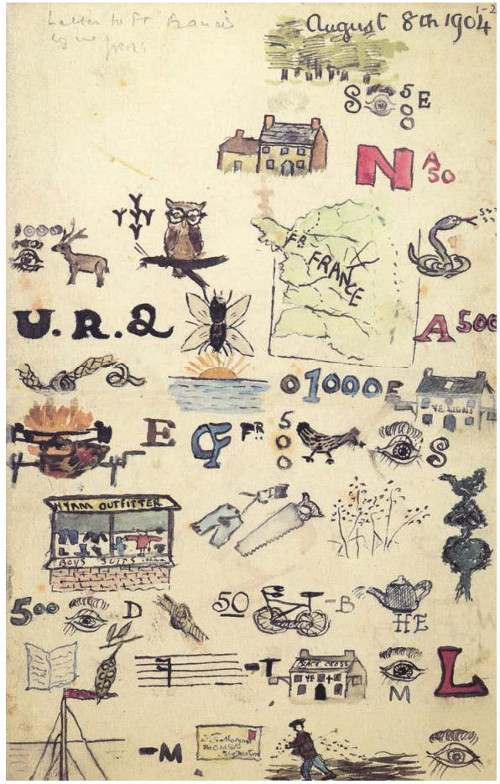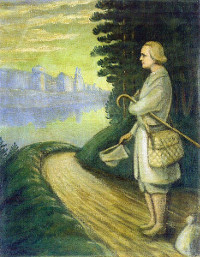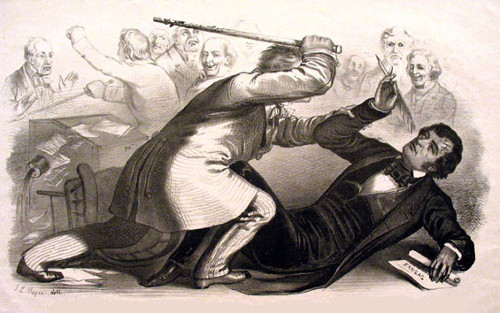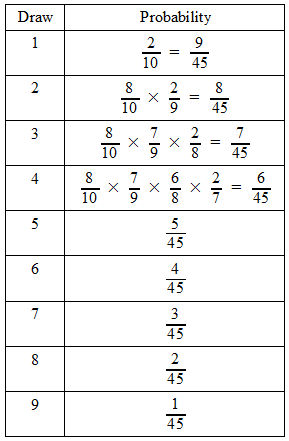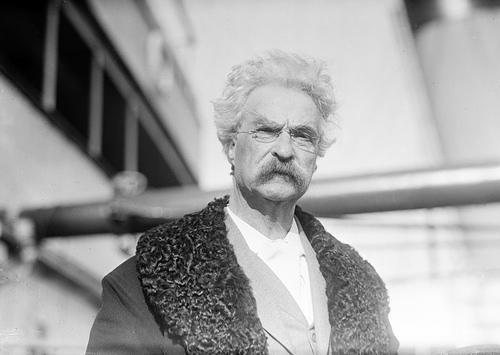
How can you find one bad coin among 12 using only three weighings in a pan balance? We published the classic solution in November 2013, but a clever alternative appeared in Eureka in October 1950. Here the aspiring counterfeiter is named Felix Fiddlesticks, and he’s trying to find the coin for this mother:
F set the coins out in a row
And chalked on each a letter, so,
To form the words: “F AM NOT LICKED”
(An idea in his brain had clicked).
And now his mother he’ll enjoin:

This plan will reveal the bad coin no matter which it is. For instance, if the coin marked O is heavy, then in the first two weighings the left pan will drop, and in the third weighing it will rise; no other bad coin will produce this result. The plan will also reveal reliably whether the bad coin is heavy or light.
Such cases number twenty-five,
And by F’s scheme we so contrive
No two agree in their effect,
As is with pen and patience checked:
And so the dud is found. Be as it may
It only goes to show CRIME DOES NOT PAY.
(Cedric Smith, “The Twelve Coin Problem,” The Mathematical Gazette, Vol. 89, No. 515 [July 2005], pp. 280-281. A generalized algorithm for solving such a problem for any number of coins is given by Michael Weatherfield in the same issue, pp. 275-279.)

